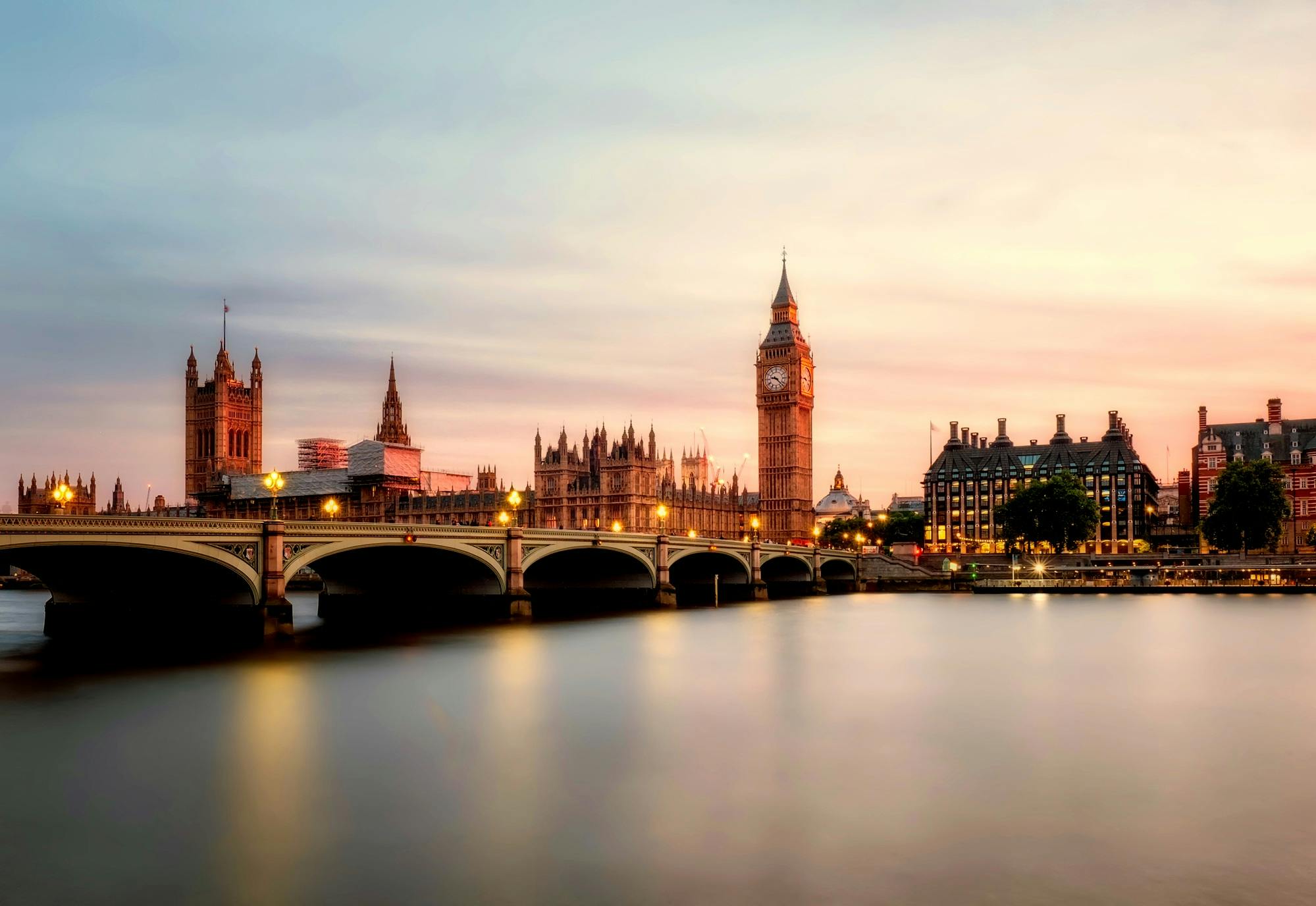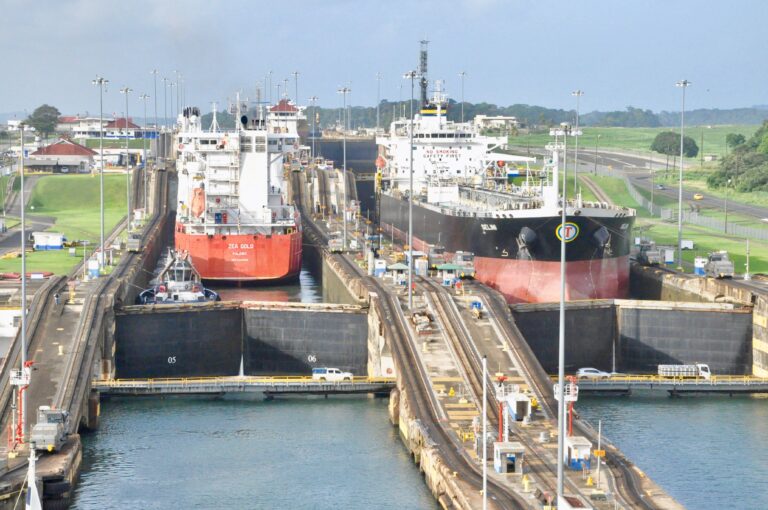World Destroyed In Two Years–No Money For Solutions

In a grim assessment of the future, UN Climate Change Executive Secretary Simon Stiell spoke at an event titled “Two Years to Save the World: Simon Stiell at Chatham House.” His title, he hinted at several points, was an exaggeration. It did point out, however, that the climate crisis is growing faster than expected. His list of solutions made it clear that improvement is financially and politically impossible.
Oil Prices –A Threat Again
Running Low –America’s Electricity
The chance for the improvement in solutions he mentioned is less than likely, under even the best of circumstances, “for many countries, they will only be able to implement strong new climate plans if we see a quantum leap in climate finance this year.” This will not happen in the next year, or even the next decade. There is too little money and too little pressure on most governments or private industries.
Emission Challenge
“We still have a chance to make greenhouse gas emissions tumble, with a new generation of national climate plans. But we need these stronger plans, now.” All evidence shows that this problem is worsening quickly.
“Every day, finance ministers, CEOs, investors, and development bankers direct trillions of dollars. It’s time to shift those dollars from the energy and infrastructure of the past, towards that of a cleaner, more resilient future…” If anything, the heads of fossil fuel companies have been encouraged by the need for this type of energy because alternative energy solutions have been slow to come online. “Finance ministers” have little or no say in the improvements he advocates
In sum, there is too little money, not to mention too little time.
Sponsor
Find a Vetted Financial Advisor
- Finding a fiduciary financial advisor doesn't have to be hard. SmartAsset's free tool matches you with up to 3 financial advisors that serve your area in 5 minutes.
- Each advisor has been vetted by SmartAsset and is held to a fiduciary standard to act in your best interests. Get on the path toward achieving your financial goals!






